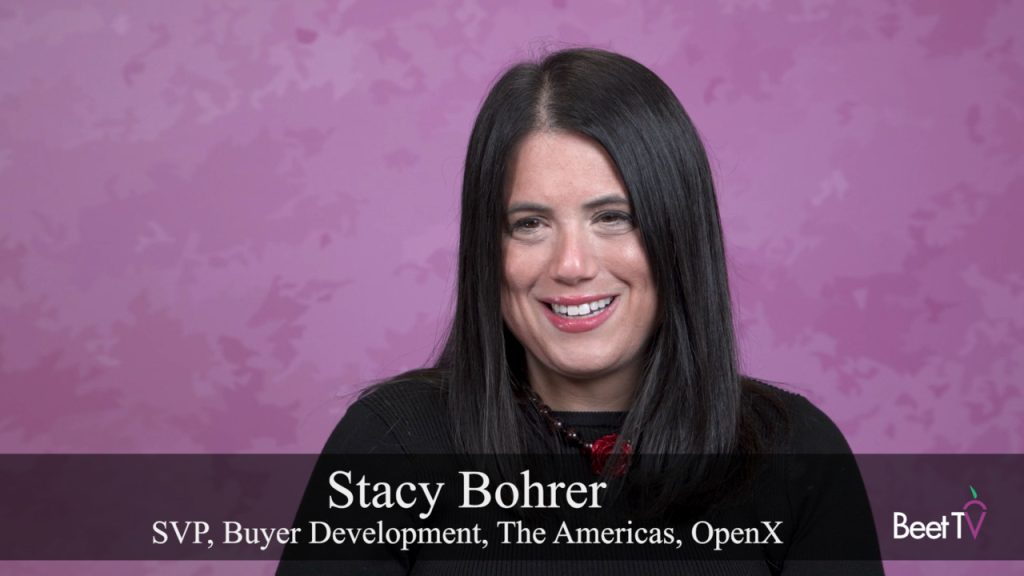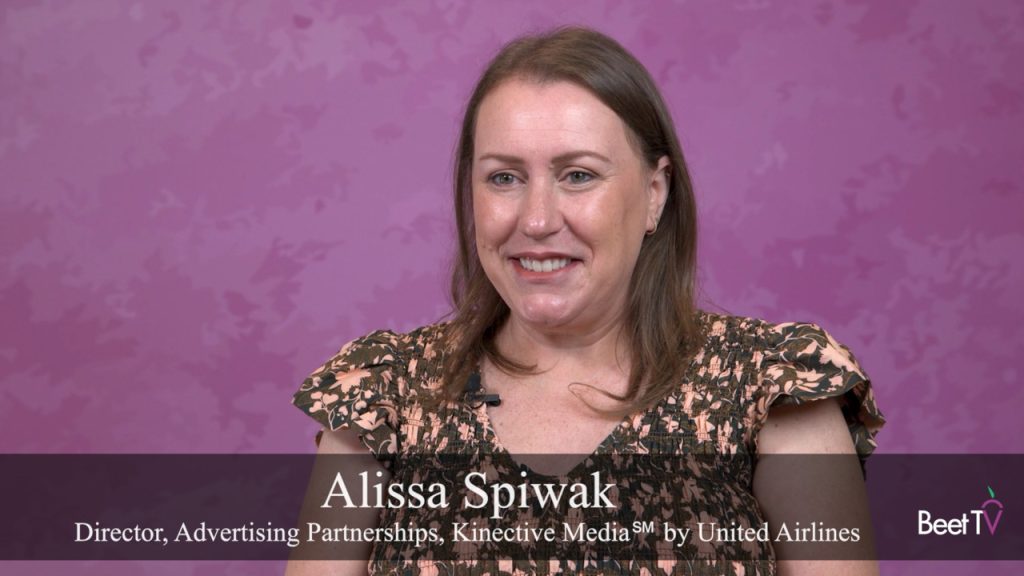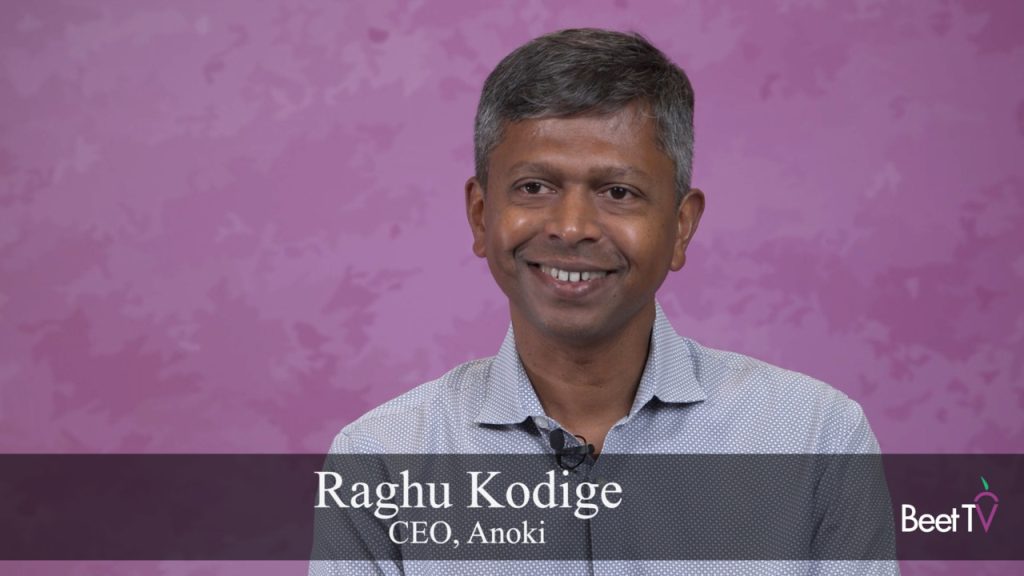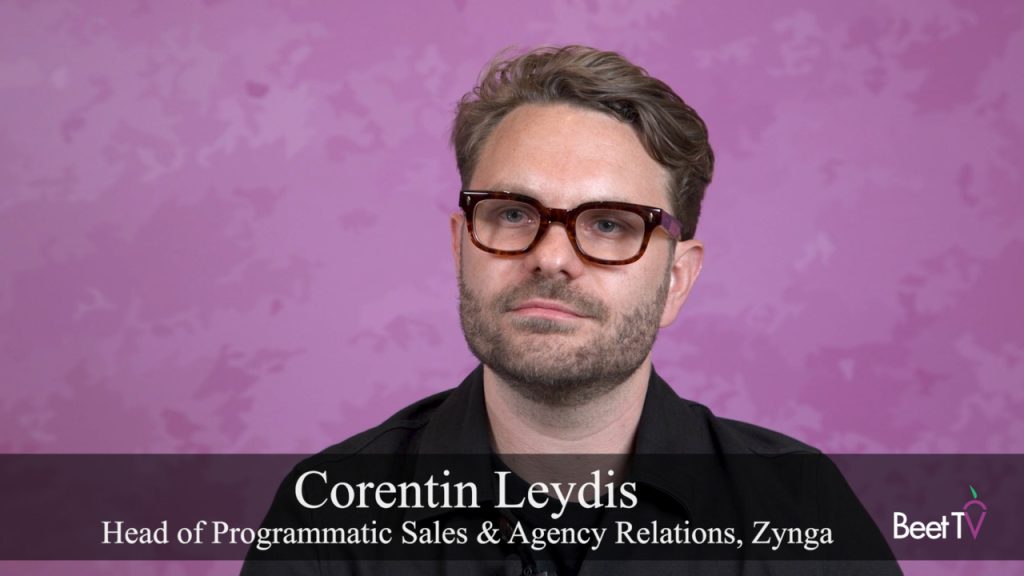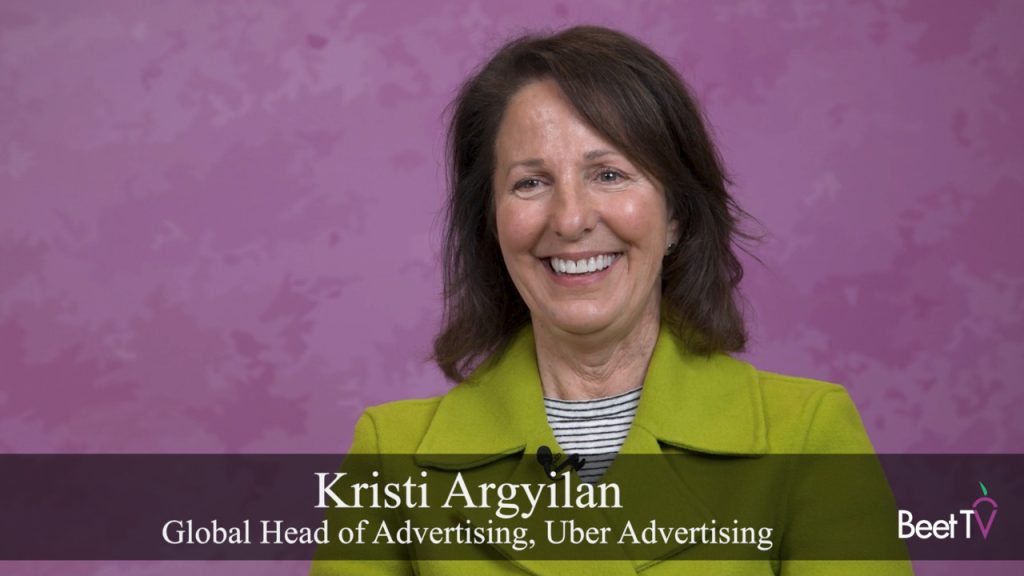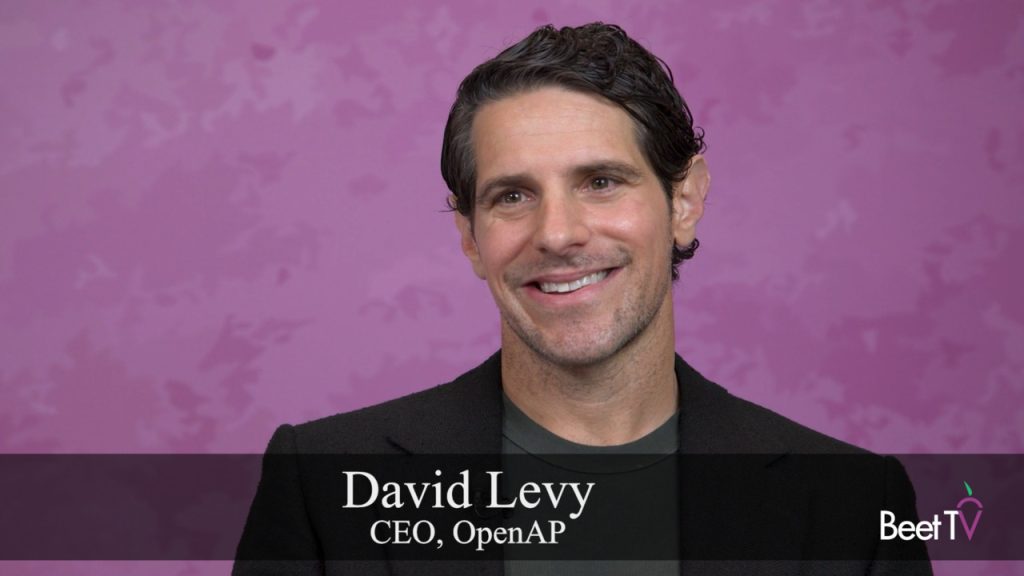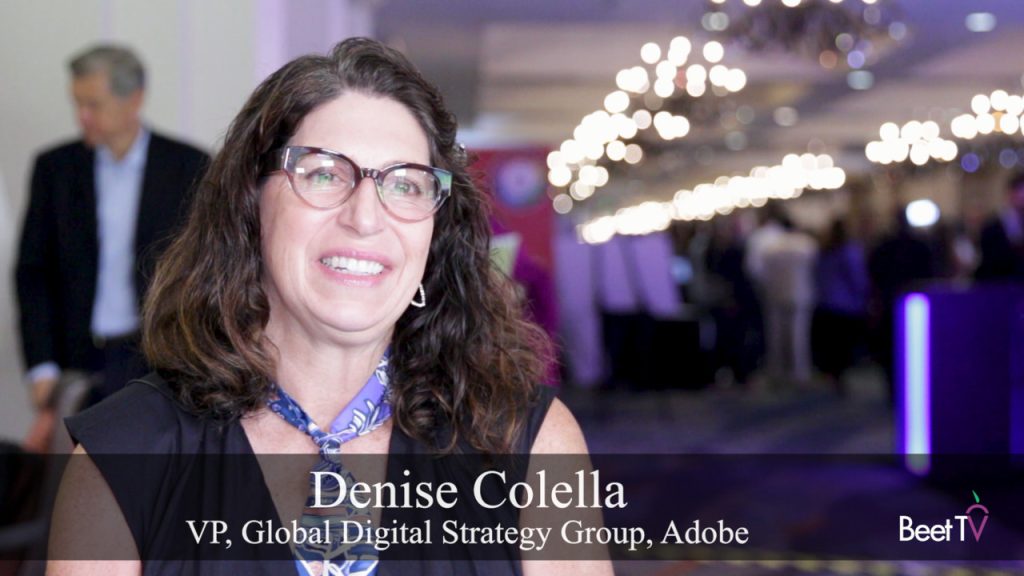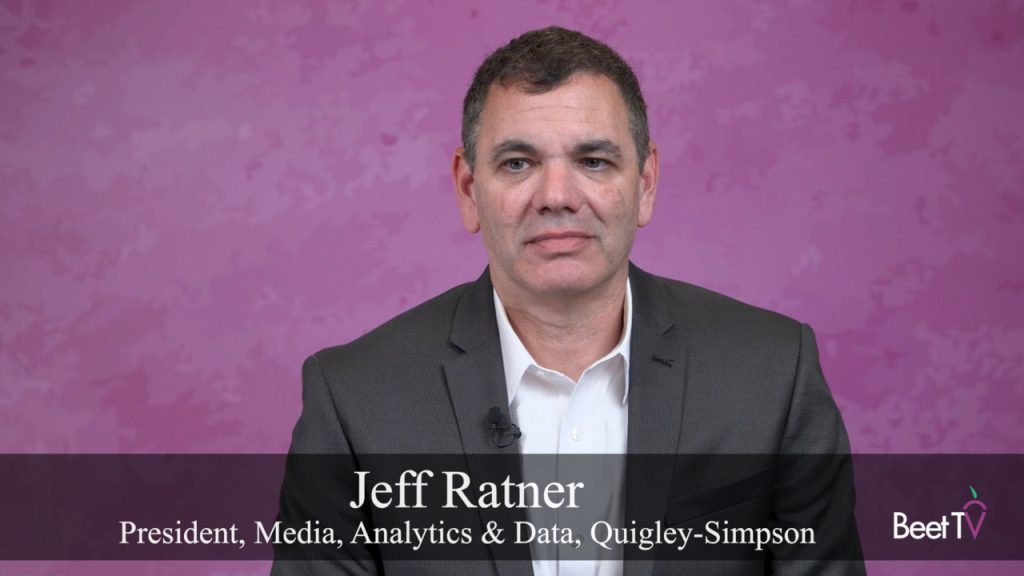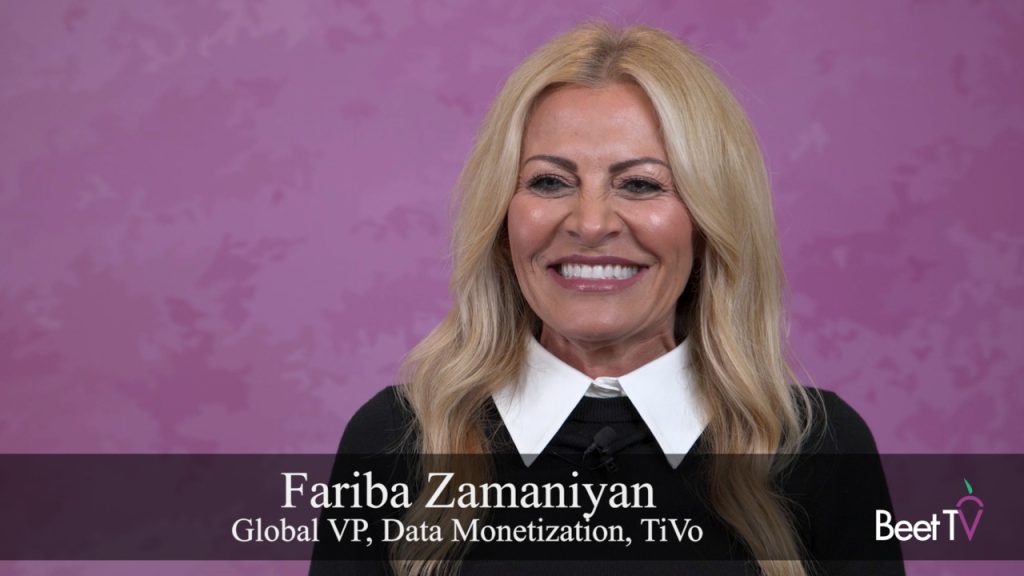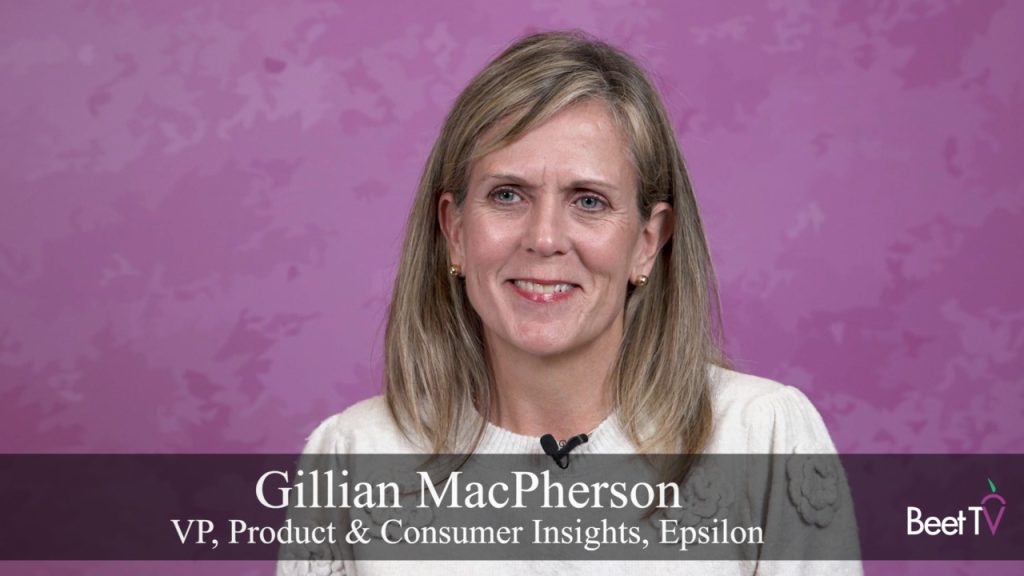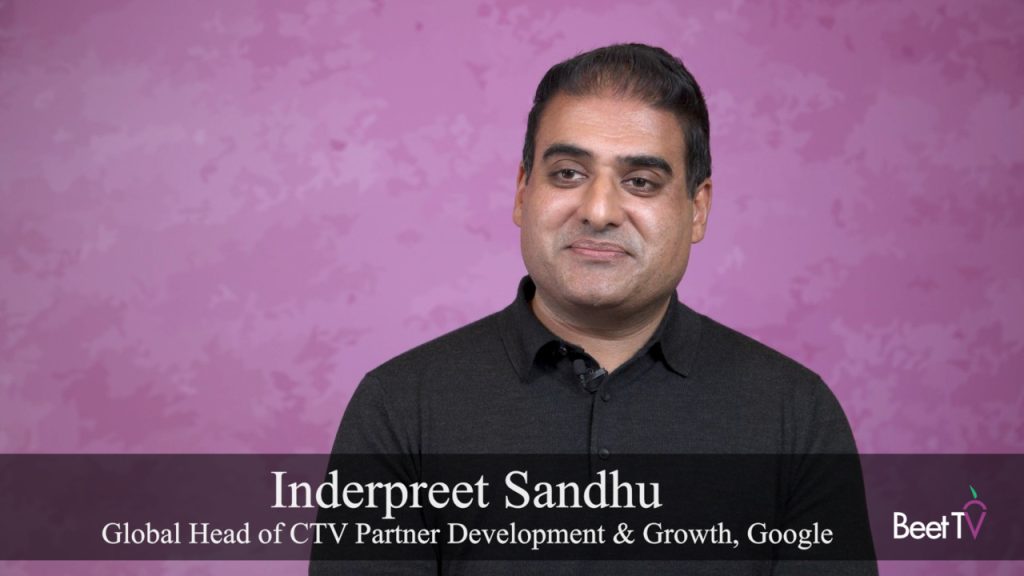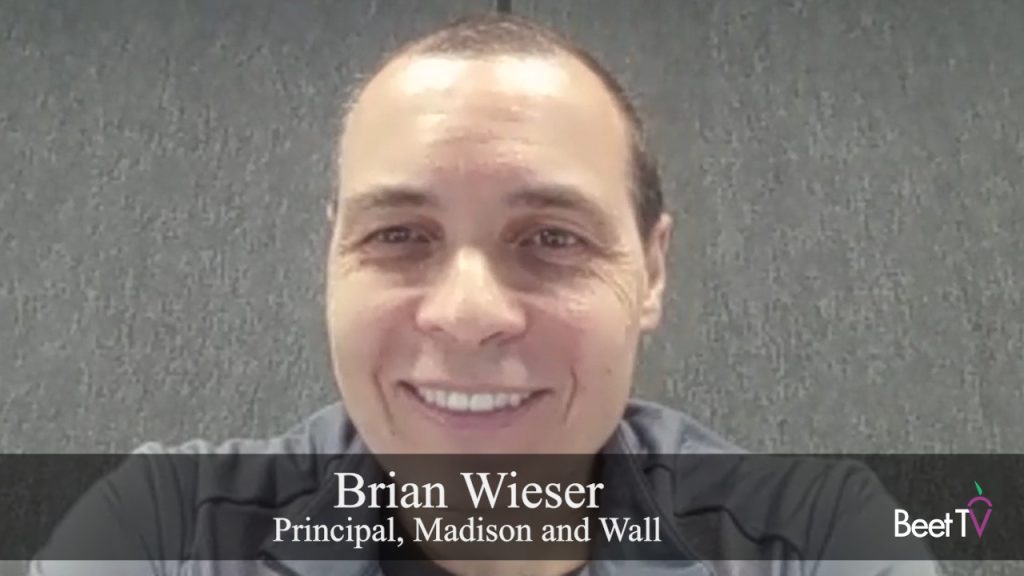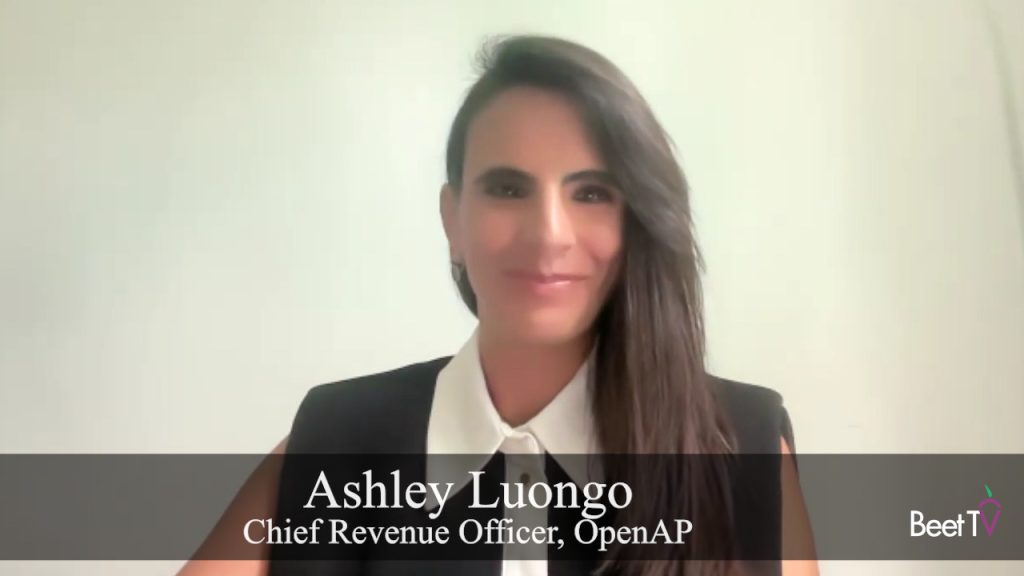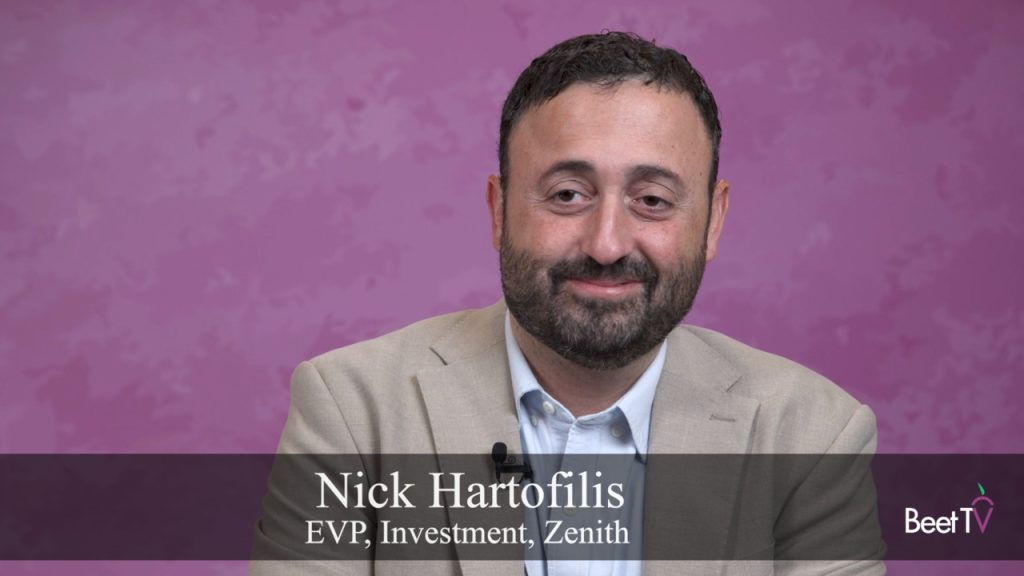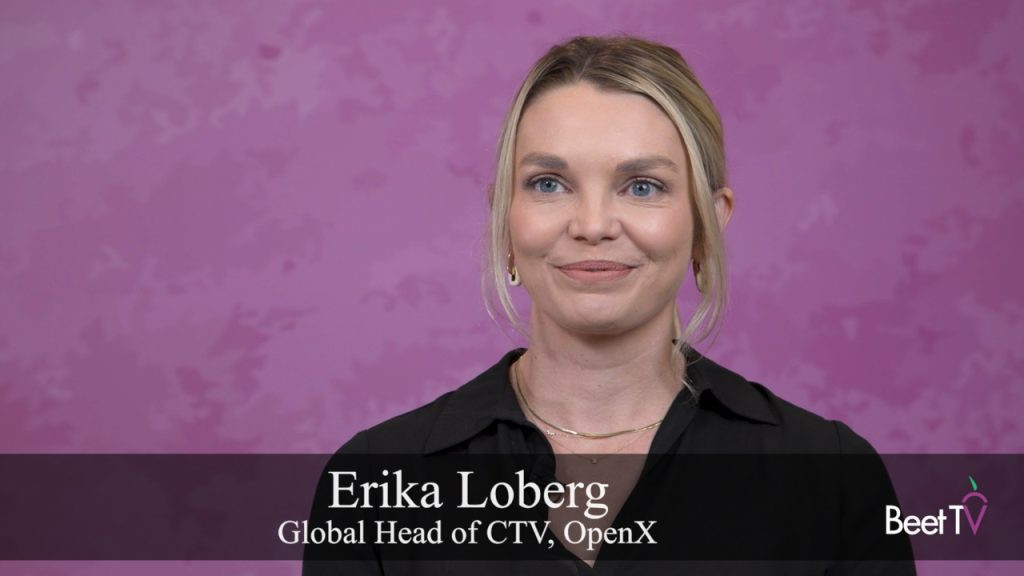
ESPN is planning on merging its magazine and other online offerings, including Web videos from the the cable network, into a paid subscription site in August, Jon Fine reports in BusinessWeek
There has been much talk about the viability of pay models for media, clearly the folks at ESPN are betting that sports fans will pay.
Last week in California at D: All Things Digital, I caught up with Jon for a talk about the profound changes in the media landscape. He says that the turmoil in the media industry has made it a very exciting beat to cover. We agree.
More in this up on Romenesko and on Mediabistro.
Andy Plesser, Executive Producer.
Video Transcript
Joe Fine: Right now no one's invented the solution yet. It doesn't mean that, you know, at this conference we're going to hear from someone who's just like "bang" got it, or at least is gonna say something. Hasn't happened yet. The issues with inventory, like essentially infinite online inventory is finally depressing prices all over the place. And more to the point, advertisers have slowed down spending. I mean they've slowed down spending everywhere, including online. Online, you know figures are coming out from analysts like Sanford Bernstein that are showing that online ad spending was down in the first couple months of the year.
Online, is there good news? I mean, they haven't invented it yet. A dynamic that I find interesting is that, I mean this is a minority view, but I'm I'm pretty convinced, I think, that at the end of the day, the television will come out with a greater share of the ad market than it did, which is to say that everything else is going to contract a lot faster. It's not to say everything is, you know, hearts and flowers for TV. I mean, clearly, broadcast TV has been problematic. Clearly local TV stations are just at a terrible time. It's like the local car dealers have gotten killed, they just got totally wiped out. But the overall numbers I think for the entire industry aren't going to be that awful and it remains the last, I mean, I've written about his a bunch of times now, but you know. The big broadcast networks from in the last place to get one really huge audience at one time and granted now it's eight million instead of ten million instead of fifteen million. But there's still a perceived premium in getting all those people at once and no one has really equalled that. And maybe no one really can equal that.
You get on top of that weird other sort of institutional issues, like I think, this is still American, there's still some kind of you know value, whether it's ego or vanity, that people associate either with being on television or getting their product on television. And, you know, that kind of can't be understated quite that way. Although, I guess, I don't know if, you know, reading something in the paper, having something appear in the paper means as much to a twenty year old as it does to a fifty year old, you know if like something gets mentioned in the paper if it has the same significance. But it seems to be hanging on for TV little longer. At least that's my story and I'm sticking to it.
We're actually at a kind of, you know… The transition is really accelerated, I mean stuff is really happening right now. People said the newspaper's classified, you know, ads were gonna go away. They've been saying that since like the late eighties, and, guess what, it finally happened. Certain other business models, I mean local radio I mean those things seem to be melting kind of irretrievably. And, you know, once again, all the behaviors are pointing to the web, the advertisers aren't quite there yet I think there's some complicated reasons as to why they're not there yet. I don't know if they ever will get there. Let me rephrase that, I know that the ad dollars won't get there in the same way. At least not the way the world is set up right now.
But I mean there's constant reinvention I mean like — all these companies that shed people shed executives and shed units, I mean those people go out and do something new. Usually in some tangent to the space because that's what they know. And and it's just it's endlessly fascinating. I mean you hear heart rending stories you get heart rending emails, I mean you hear angry people, you hear sad people, you hear people that are just plain freaked out. But I mean stuff is really happening; if you're a journalist, you want to be on a story where there's action, there's plenty of action going on.






